Our Origin Story
Please feel free to scroll through the timeline to learn more about our beginnings, what continues to motivate and inspire our team, and what we are currently working on.
![]()
![]()
![]()
![]()
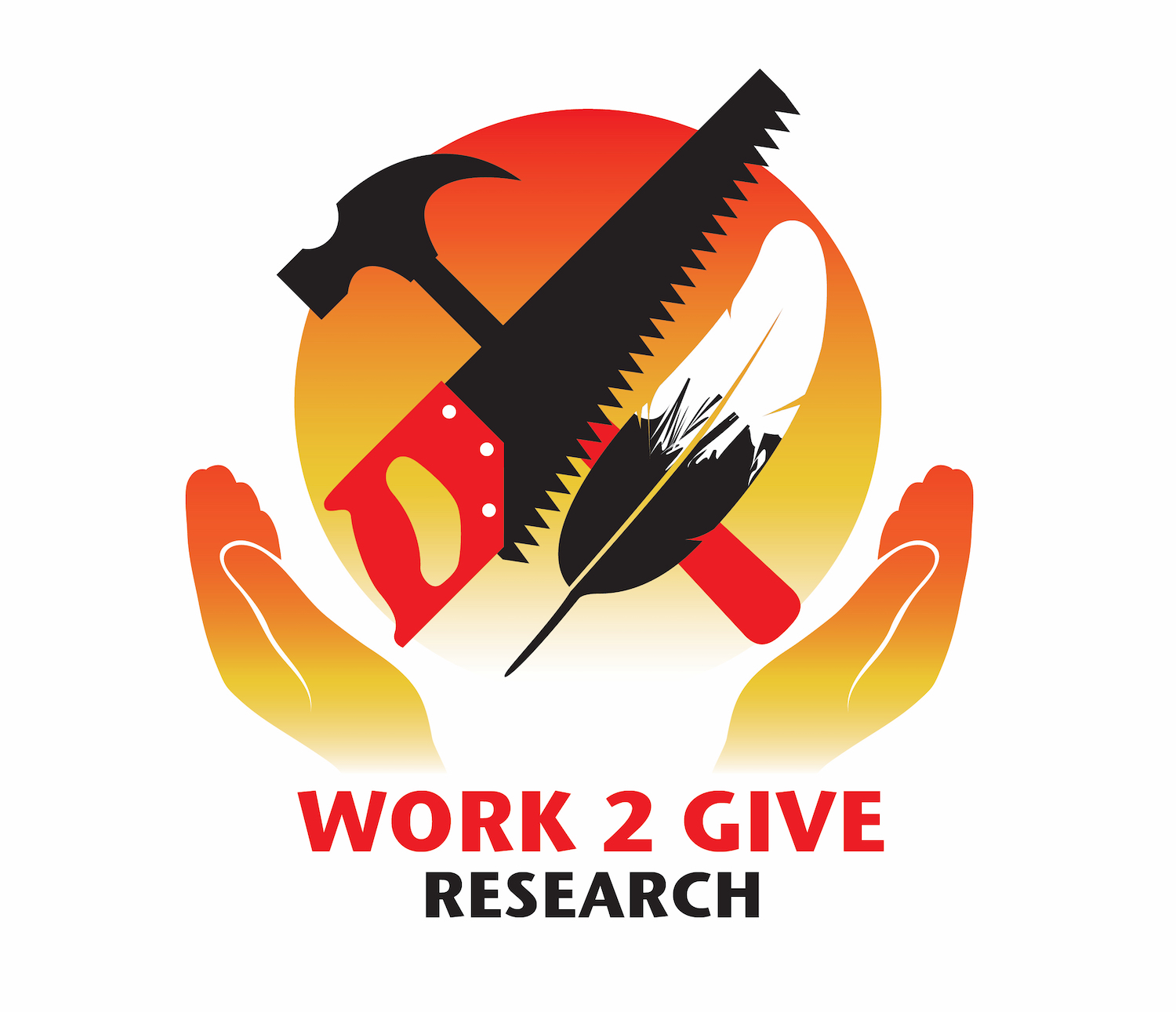
Work 2 Give* was developed by the Correctional Service of Canada (CSC), Pacific Region, in partnership with the Tŝilhqot’in First Nation in 2012.
*Work 2 Give is a prison-community partnership that supports incarcerated Indigenous and non-Indigenous men to build and create items such as furniture, wooden toys, Indigenous drums, woven and sewn items, moccasins, beaded jewellery, as well as growing organic produce. From 2012-2019, these items were donated to the six rural and remote communities of the Tŝilhqot’in First Nation.
 A team of researchers from the UBC School of Nursing, led by Dr. Helen Brown, were invited by the CSC to study the impact of Work 2 Give on participating incarcerated men and recipient Tŝilhqot’in communities.
A team of researchers from the UBC School of Nursing, led by Dr. Helen Brown, were invited by the CSC to study the impact of Work 2 Give on participating incarcerated men and recipient Tŝilhqot’in communities.
In partnership with the Tŝilhqot’in National Government (TNG), the Yeqox Nilin Justice Society (YNJS) - a Tŝilhqot’in justice non-profit - and CSC, the UBC team successfully receive a grant from The Movember Foundation* to investigate the impacts of Work 2 Give.
* The Movember Foundation is a charitable organization aimed at supporting men's health through research, program development, and knowledge sharing.


The UBC team, in partnership with the Tŝilhqot’in National Government, the Yeqox Nilin Justice Society* (YNJS) and CSC, conducted in-depth community-based research on the impacts of Work 2 Give. This included 49 interviews with participating incarcerated men, 38 interviews with Tŝilhqot’in community members who helped distribute and/or received donated items, and 15 stakeholders from CSC and YNJS. The UBC team also spent time in prisons and Tŝilhqot’in communities taking part in the creation and sharing of items.
*Yeqox Nilin Justice Society: a Tŝilhqot’in-led peacemaking and restorative justice organization
The Movember-funded pilot study highlighted the immense benefit of Work 2 Give for incarcerated men, and the potential for increased benefit for all by supporting increased reciprocity with Tŝilhqot’in communities. This resulted in a successful Canadian Institutes of Health Research (CIHR) Catalyst Grant (2017-2018) focused on integrating Tŝilhqot’in strengths and approaches to healing and reciprocity into Work 2 Give.


The UBC team receives a grant from a private UBC donor (2017-2019) to study the ripple effects and unintended impacts - both positive and negative - of Work 2 Give in Tŝilhqot’in communities.
Time spent in Tŝilhqot’in communities highlights the immense potential of Work 2 Give, challenges to reciprocal benefit and collective healing, and potential to overcome these barriers through true community-led partnership building.
The UBC team, in partnership with the Tŝilhqot’in National Government, the YNJS, and the CSC, receives a Social Sciences and Humanities Research Council of Canada (SSHRC) Insight Grant to mobilize research findings on how to improve and sustain Work 2 Give to co-create a sustainable and scaleable project, with the ultimate goal of expanding the program across Canada.

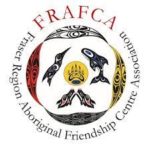
The CSC does not renew the Work 2 Give contract with the Tŝilhqot’in communities, and instead begins a new partnership with the Fraser Region Aboriginal Friendship Centre (FRAFCA), based in Surrey, BC. The UBC team continues working with the Tŝilhqot’in National Government, YNJS, and begins building relationships with FRAFCA.

The UBC team, in partnership with FRAFCA, receives a UBC Community University Engagement Support grant to fund catering and other costs related to relationship building (2019-2020).
Helen Brown is invited to co-lead a Research Cluster focused on transforming research, advocacy and policy action at the intersections of health & justice. Helen begins networking with Indigenous Elders and advisers who are currently or were formerly incarcerated (Peer Leaders) to co-develop leadership roles and processes for work related to health and justice. More information on the Cluster can be found here.
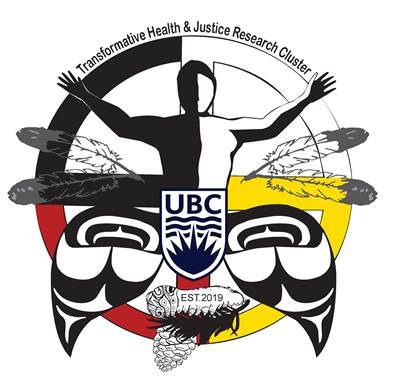
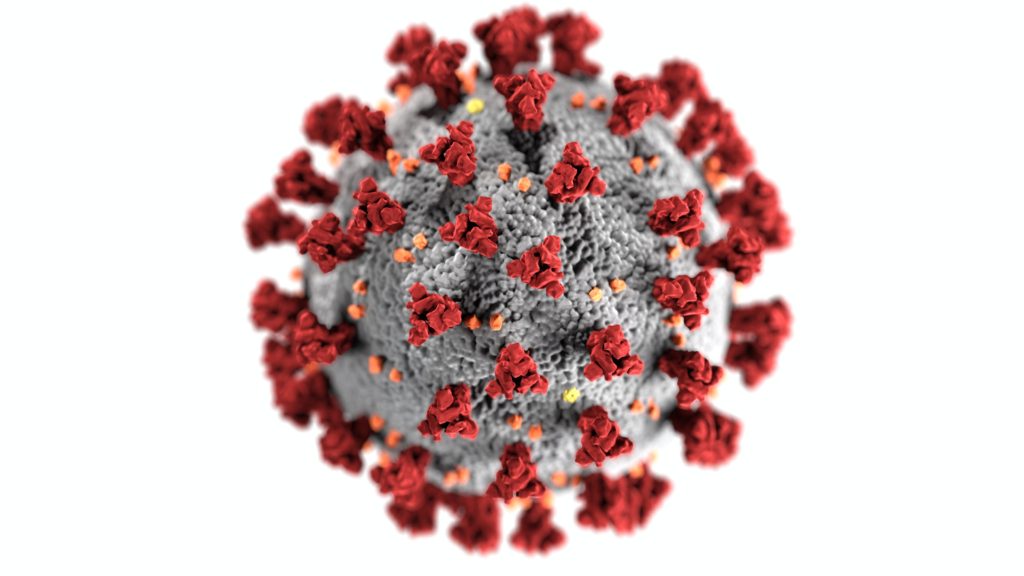
Initial COVID-19 infections are reported in Wuhan, China in late 2019.
The first case of COVID-19 is reported in Canada.

COVID-19 is declared a global pandemic. In Canada, all non-essential in-person activities in federal prisons are postponed indefinitely, including access to Indigenous Elders, all visitation from friends, family and legal counsel, and all external research activities.

The first case of COVID-19 is reported in a federal prison in Canada.
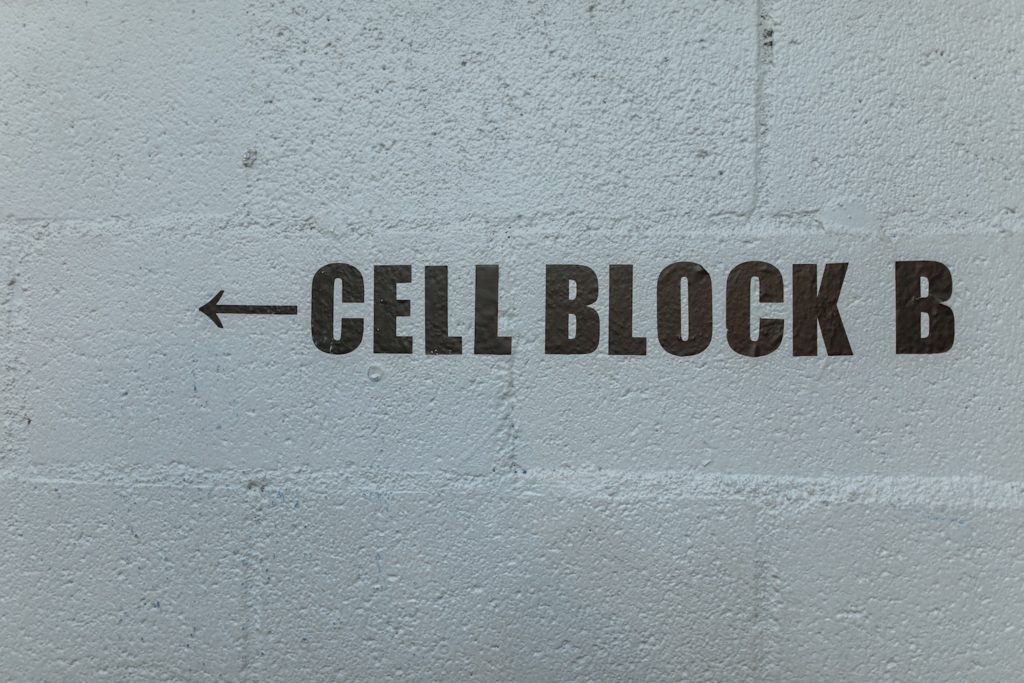

A COVID-19 outbreak at the Mission Institution in Mission, BC, is announced. The outbreak involves 120 positive cases and 1 death, and is declared officially over on May 27, 2020.
As COVID-19 continues, the interconnected issues of mass incarceration and social and health inequalities within Canadian society in general, and the Canadian prison system in particular, are made worse.
According to the Office of the Correctional Investigator - an external government body tasked with holding CSC accountable - one way to evaluate how people are dealing with "uncertain and prolonged periods of idleness" such as lockdowns was through monitoring "incident trends" inside prisons. In March and April 2020, patterns of "non-compliant" behaviour among people in prison are recorded; these include protests and hunger strikes to raise awareness and demand improved conditions of confinement.


As of April 23rd, there are 193 confirmed cases of COVID-19 in federal prisons across Canada, and close to 400 incarcerated people are under some form of medical isolation.
All programming and visitation remains cancelled. Time outside of cells ranges from 2-4 hours per day for the general population, to 20 minutes per day for those under medical isolation. People who testing positive for COVID-19 are locked down for 24 hours a day. The Office of the Correctional Investigator reports multiple complaints from people in prison related to measures taken to reduce the spread of infection within prisons, including extreme social isolation, barriers to accessing the outdoors and showers, and long waits for video visitation.
In this report, the Correctional Investigator recommends that public health officials visit prison sites and verify whether or not public health protocols were being followed, and that CSC increase transparency and public communications.
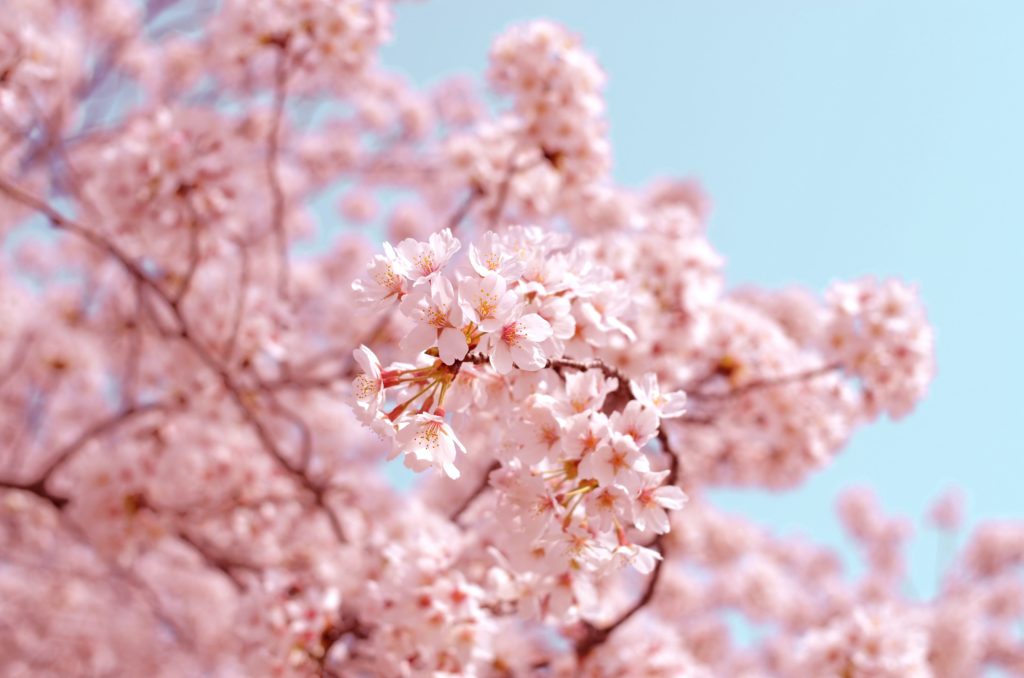
The UBC team, having reached funding to study and scale Work 2 Give in 2019, reaches out to partners in the CSC, Pacific Region offering to spearhead arts-based activities intended to support holistic well-being and support community building for people in prison during the pandemic. Initial conversations about process, protocol, and evolving a partnership begin, with Indigenous Elders, Peer Leaders who had survived incarceration and community advocates providing valuable leadership along the way.
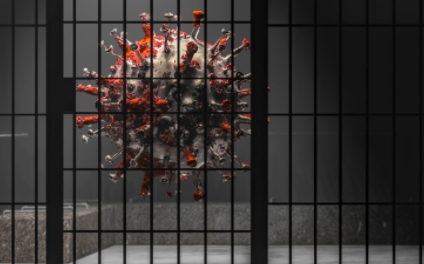 The World Health Organization (WHO) calls for action to support the human rights, dignity, health, and well-being of incarcerated peoples, noting the increased risk of mental illness and infection in correctional facilities. Specific recommendations include reducing overcrowding and ensuring safe and reasonable access to hand washing, physical distancing, and essential healthcare services.
The World Health Organization (WHO) calls for action to support the human rights, dignity, health, and well-being of incarcerated peoples, noting the increased risk of mental illness and infection in correctional facilities. Specific recommendations include reducing overcrowding and ensuring safe and reasonable access to hand washing, physical distancing, and essential healthcare services.
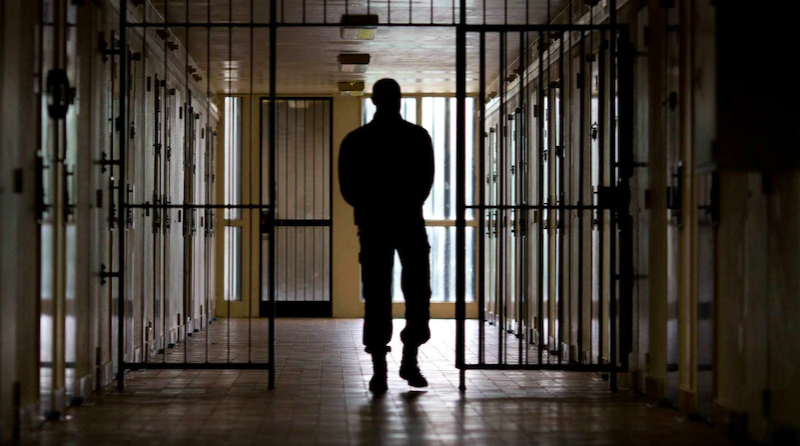
Access into prisons in Canada continues to be limited to only critical workers, which does not include Indigenous Elders and other spiritual and religious supports. Other infection prevention control measures implemented by CSC included: COVID-19 screening for everyone entering the prison; collaboration with local public health authorities - including Indigenous Services Canada; providing all staff and incarcerated people with masks; building contact tracing capacity by training 200+ staff; increasing cleaning protocols and hand washing stations; and increasing health promotion campaigns.
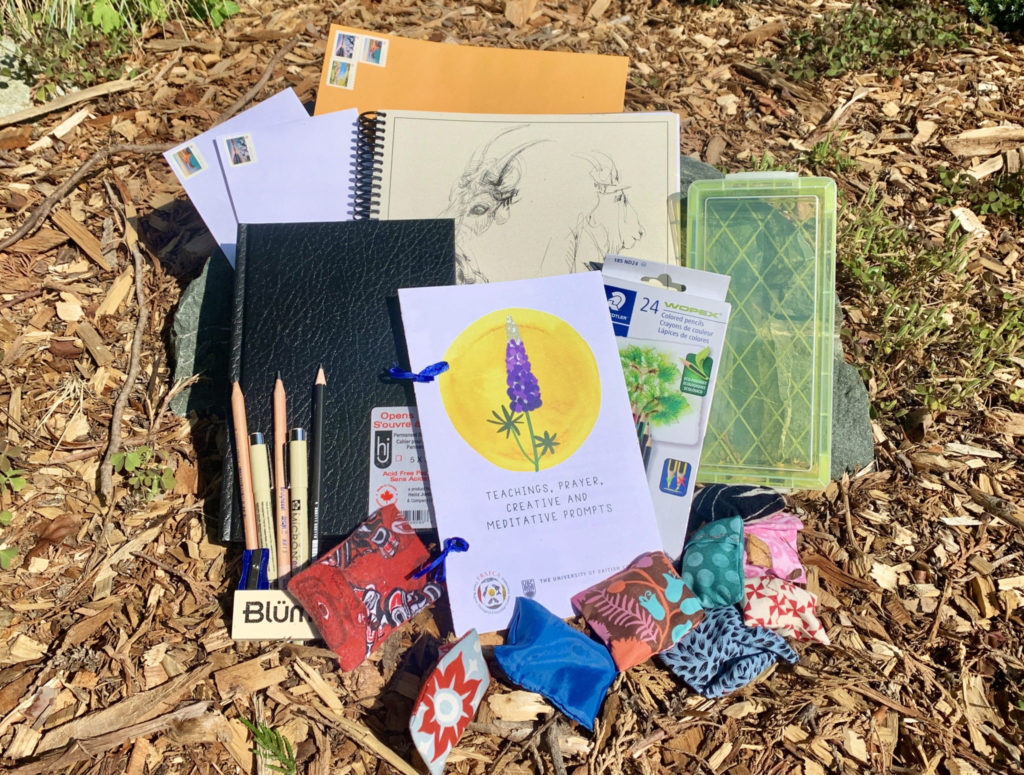
The first round of art kits are delivered to Mission Medium and Pacific Institutions in BC. This initiative, born from lessons learned during Work 2 Give, is named A.R.T. & Justice. Kits include art and writing supplies, Indigenous medicines, teachings, words of support and messages to inspire creativity.
Our team continues to explore how to support reciprocity and community-building across prison walls during the pandemic.

CSC launches a Risk Management Framework to help prisons gradually resume services and programming, while reducing the risk of COVID-19 infections and outbreaks.
No infections were recorded in federal prisons between May 28th and November 10th.
Prisons also receive rapid response tests, and continued to test symptomatic and asymptotic individuals across sites.
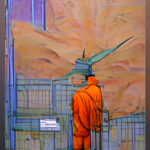
In Fall 2020, 150 art kits were gifted to people on parole across the province, including people living at Community Residential Facilities (CRFs) and those under the supervision of a parole officer.

CSC begins offering the first dose of Moderna vaccines to older and medically vulnerable incarcerated peoples, with he goal of vaccinating at least 80% of the eligible population.

CSC faces a class-action lawsuit and a constitutional challenge based on the conditions similar to solitary confinement in which thousands of incarcerated people are kept. The lawsuit includes people incarcerated in British Columbia, Manitoba, and Saskatchewan.
The 1st volume of art and writing received from participants is created. Hard copies are shared with all participants in prison, and digital copies are created to share widely with the community.
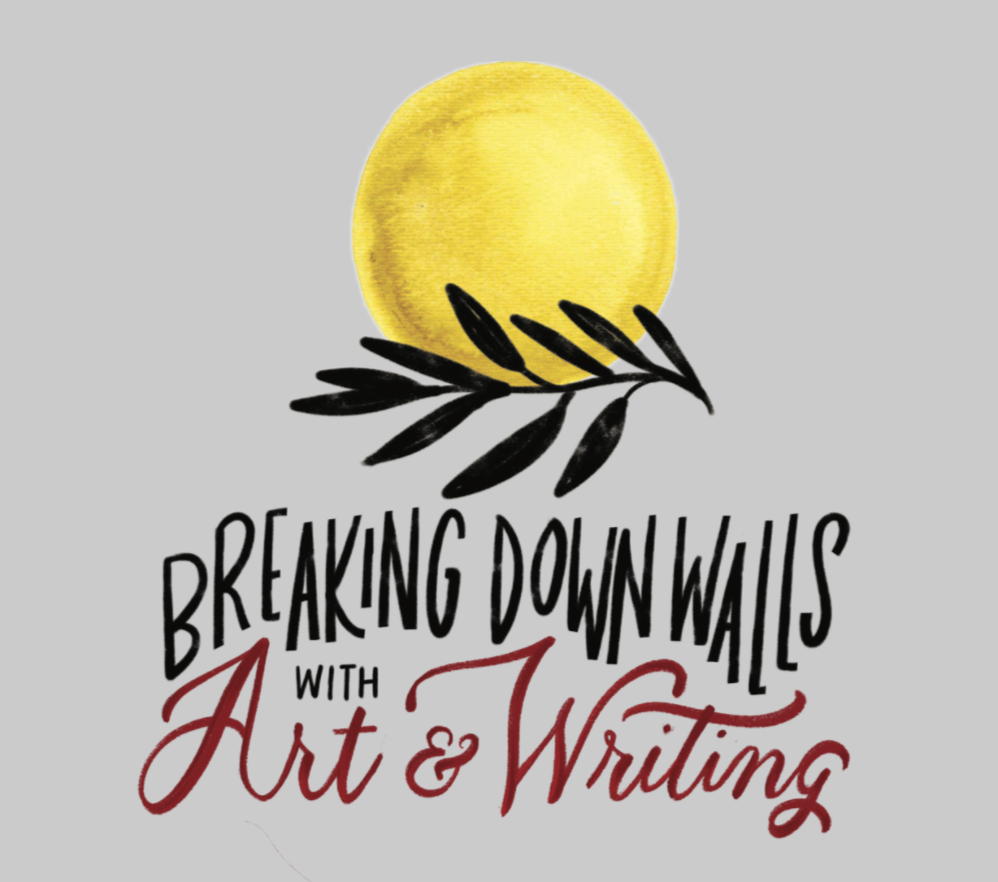
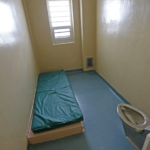
The second wave of COVID-19 infects 880 incarcerated people as of February 1, 2021, resulting in 1,241 total infections across Canada. This is roughly 10% of federally incarcerated people, compared to an infection rate of only 2% in the general population.
Four people in prison die of COVID-19 between the beginning of the pandemic and February 2021. Infection spread is linked to age of institutions, with older buildings that have poor ventilation being more prone to outbreaks.
In this report, the Correctional Investigator recommends that CSC develop and fund a plan that shifts program provision from the prison to the community, develop and share a vaccine strategy, and for the Minister of Public Safety to develop alternatives to prisons to address the failings in Canada's "aging, antiquated, and costly" prison model.

In order to open up programming and prevent the mixing of people, CSC continues to implement a cohort model* inside prisons. Based on insights from CSC staff and incarcerated peoples, the slow reopening of programming negatively impacts incarcerated people's health and wellbeing. Specific to CSC policy goals, these ongoing restrictions impact individuals' ability to progress through their correctional plan and gain case management team's support for their community reintegration.
Unfortunately, successful integration of the cohort model is difficult without addressing overpopulation in prisons.
*cohort model: CSC worked with an epidemiologist and public health authorities to develop a system for delivering programming on a smaller scale. Cohorts are based on people's sleeping and living arrangements to reduce the risk of transmission between groups of people who do not typically spend time together.

The ART & Justice team begins a partnership with the X̱wi7x̱wa Library*. Through this partnership, the X̱wi7x̱wa supports the digitization and cataloguing of art and stories shared with the ART & Justice team. Longer term plans to support computer training and entrepreneurship for participating artists and writers leaving prison are discussed.
*X̱wi7x̱wa Library is the Indigenous Library at the University of British Columbia. X̱wi7x̱wa means 'echo' in Squamish, and was named by Khot-La-Cha, Chief Simon Baker, in 1993.

A total of 700 art kits have been distributed since August 2020 to 3 prisons, 6 Community Residential Facilities (CRFs - or halfway houses), 7 parole offices, and 3 community partners. This includes an expansion to Mountain Institution, Matsqui Institution, and Kent Institution.
A toll-free phone number is approved, allowing federally incarcerated people across the Pacific Region (BC) to call a member of the ART & Justice team, free of charge, to ask questions, give feedback, or learn more about the project.
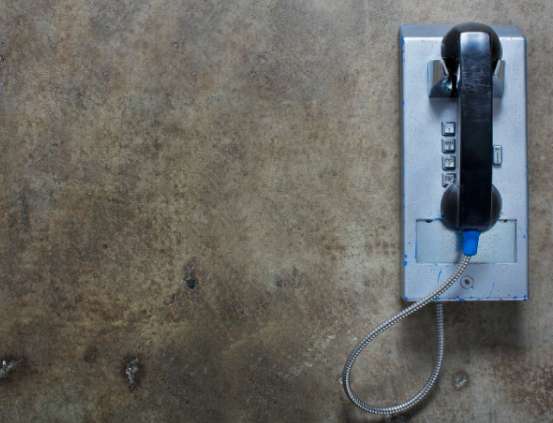
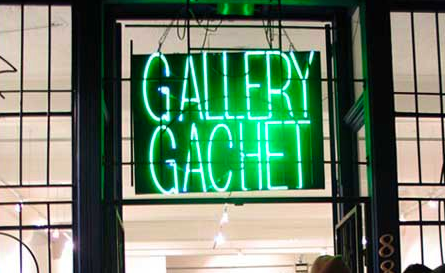
The ART & Justice team meets with Gallery Gachet, an artist-run collective located in Vancouver's Downtown Eastside that focuses on empowerment and de-stigmatization through art and storytelling. Planning towards art exhibitions in summer of 2022 begins.

The ART & Justice team met with The Reach, a Gallery & Museum in Abbotsford, BC, that is focused on education and public engagement through art and history. They begin planning in-person art exhibits for Fall 2022. Additionally, The Reach puts the ART & Justice team in partnership with a teacher at Abbotsford Secondary School, and this group begins exploring how to connect high school students to artists in prison to support learning about the ongoing role of colonialism and racism in the Canadian prison system.

In-person access to prisons is still restricted, so the ART & Justice team sends paper surveys to all participants at Mission Medium and Pacific Institutions. Surveys welcome feedback on their personal and collective experiences of serving time during the pandemic, their experiences with the project, barriers or challenges they experienced, and ways to improve and expand overtime. Artists are also invited to call the toll free number and complete the survey over the phone, to support accessibility and provide opportunities for artists to ask questions about research ethics, processes or outcomes.
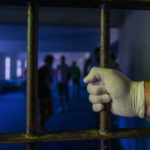
As of July 2021, CSC has given the first dose to 76% of eligible incarcerated peoples, and two doses to roughly 68% of eligible people. People in prison must consent to the vaccine before it is administered.

Patrick Keating joined the ART & Justice team through his ongoing work with the UBC THJRC, and his vision to share his award winning play in prisons to support and inspire storytelling and art from people in prison helps guide a virtual showing of his piece, called Inside/Out, at Pacific Institution. Keating wrote Inside/Out about his own experience of incarceration. The digitized piece was shown twice to people at Pacific Institution, and a virtual Q&A allowed the audience to ask Patrick questions about his process, the power of storytelling, and how to find their own voice. Work with CSC champions to bring Inside/Out into other institutions continues.

CSC continues to encourage people in prison to get vaccinated by easing visitation restrictions for those who have consented to be vaccinated. Vaccinated people may also have physical contact with visitors and avoid medical isolation if they come into contact with someone who has COVID-19.
CSC prioritizes vaccination as a central preventative measure against COVID-19, and other prevention measures, such as addressing overcrowding, are left unaddressed.

ART & Justice expands to Kwikwexwelp Healing Village, a minimum security institution designated for Indigenous men. With a lull in COVID-19 cases, the ART & Justice team is able to meet in person, hand out art kits, and answer questions about the project.
Our team hears that other forms of art, like songwriting and music, would be of value to artists. Conversations about how to expand the program to invite other forms of creativity continue.
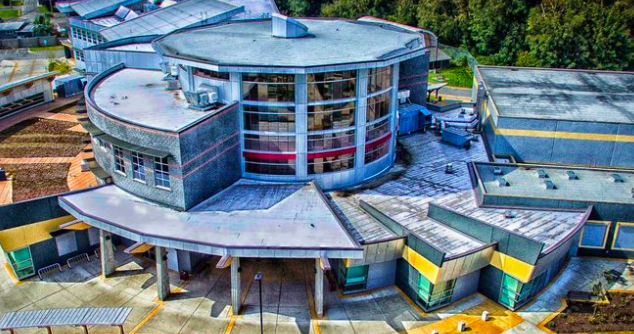
Supported by The Reach, ART & Justice partners with a teacher at Abbotsford Secondary School to support Art Activism, a class focused on teaching social justice through art. Art Activism, run by teacher Nikita Griffioen, is a course that focuses on a different social justice issue every year. In 2022 the focus will be the over incarceration of Indigenous Peoples in Canada, with students engaging with and learning from art and storytelling created through ART & Justice.
As of January 2022, 83% of all incarcerated people are fully vaccinated, with 39.4% having received a booster shot as well.
As of January 11th, across CSC institutions, there are 244 active COVID-19 cases.
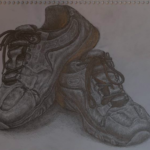
Survey responses from summer 2021 are analyzed using using qualitative and quantitative softwares. Emergent findings are shared with Peer Leaders and CSC champions, and knowledge sharing reports are drafted for wider distribution.
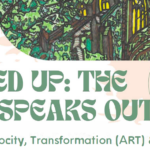
The ART & Justice team begins meeting regularly with Gallery Gachet to explore how to best honour and share the art and stories of people in prison. An exhibition date is set for July-August 2022, and ways to support reciprocal benefit are explored.
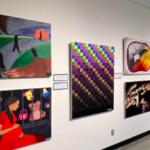
The Art Activism class, led by teacher Nikita Griffioen, has a public exhibition at The Reach. Artwork created while students learnt about the colonial foundations of the Canadian prison system are shown alongside a slideshow of work from incarcerated artists participating in ART & Justice.
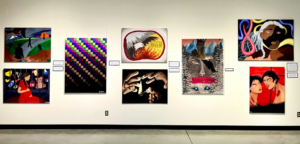

A lull of COVID-19 cases means that the ART & Justice team is once again able to visit with artists in person. The team meets with individual artists at Pacific and Mission Medium Institutions. Artists are invited to bring any art or storytelling that they are working to share with the team, and are asked about strengths, barriers and opportunities to improve the program over time.

The first ever ART & Justice art exhibit launches at Gallery Gachet! Opening night on July 22nd includes artist talks and live music from artists and activists who've survived prison. Throughout the show gallery visitors are invited to create art to send back to incarcerated artists and to call in messages of support to a the gallery's voicemail. Virtual gallery tours are created to share the exhibition with people in prison.

We are proud to announce our collaboration with SFU Health Science students and UBC Library Services to enhance the accessibility of the Art and Justice website. Our joint efforts aim to create a user-friendly platform that promotes the artistic contributions of incarcerated individuals, while also increasing awareness of the positive impact of art on their lives and society at large.